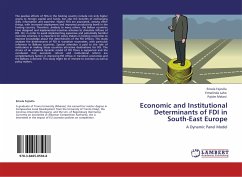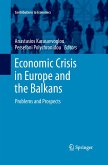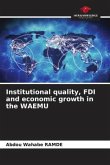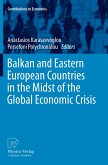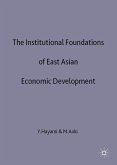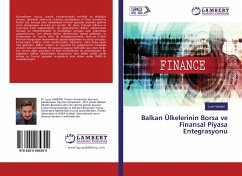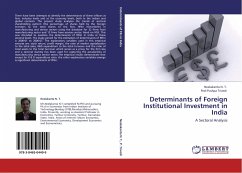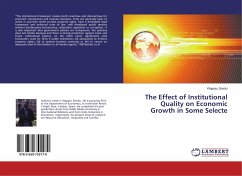The positive effects of FDIs in the hosting country include not only higher access to foreign capital and funds, but also the benefits of exchanging skills, information and expertise. Higher FDIs are associated, among other things, with increased employment and improved productivity levels in the hosting country. Therefore, similarly to many others, the Balkan countries have designed and implemented incentive schemes to stimulate inflows of FDI. Yet, in order to avoid implementing expensive and potentially harmful incentive schemes, it is important for policy makers in hosting economies to improve knowledge about the determinants of the FDI inflows. This study analyses the determinants of FDI in transition economies, with particular reference to Balkans countries. Special attention is paid to the role of institutions in making these countries attractive destinations for FDI. The choice of an empirical dynamic model of FDI flows is supported and the conclusion that economic reformand institutional reform are complementary factors in improving FDI inflow in transition economies and the Balkans is derived. This study might be of interest to investors as well as policy makers.
Bitte wählen Sie Ihr Anliegen aus.
Rechnungen
Retourenschein anfordern
Bestellstatus
Storno

